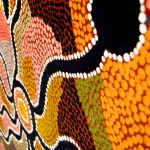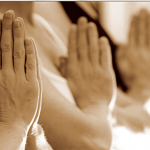Emotions

Somehow the idea that we are not our thought has penetrated slowly into the general collective mind. Most people, nowadays, have in some way, come to terms with the concept that although they cannot control their own thought process, they are more than merely the sum of their thoughts. The can relate to the experience of being something that is more than just that.
Beyond “I’m not my thoughts”
Surprisingly, this collective transformational understanding has not happened with relation to emotions. And the primary population that is in great need to grasp this fact, are females.
Women, (speaking from first person experience) are naturally more connected to their heart, to the way they feel and to emotions. They have a greater tendency to identify and be overwhelmed by emotions. They allow the “color” of their emotions to fully take over there bare transparent self, and to see themselves and their emotions as one.
Symbiotically fusing with their emotion, they have no doubt in the “genuineness” of their feeling. Believing what they feel to be completely true, to be totally real and absolute. Trusting and identifying with their emotions is so d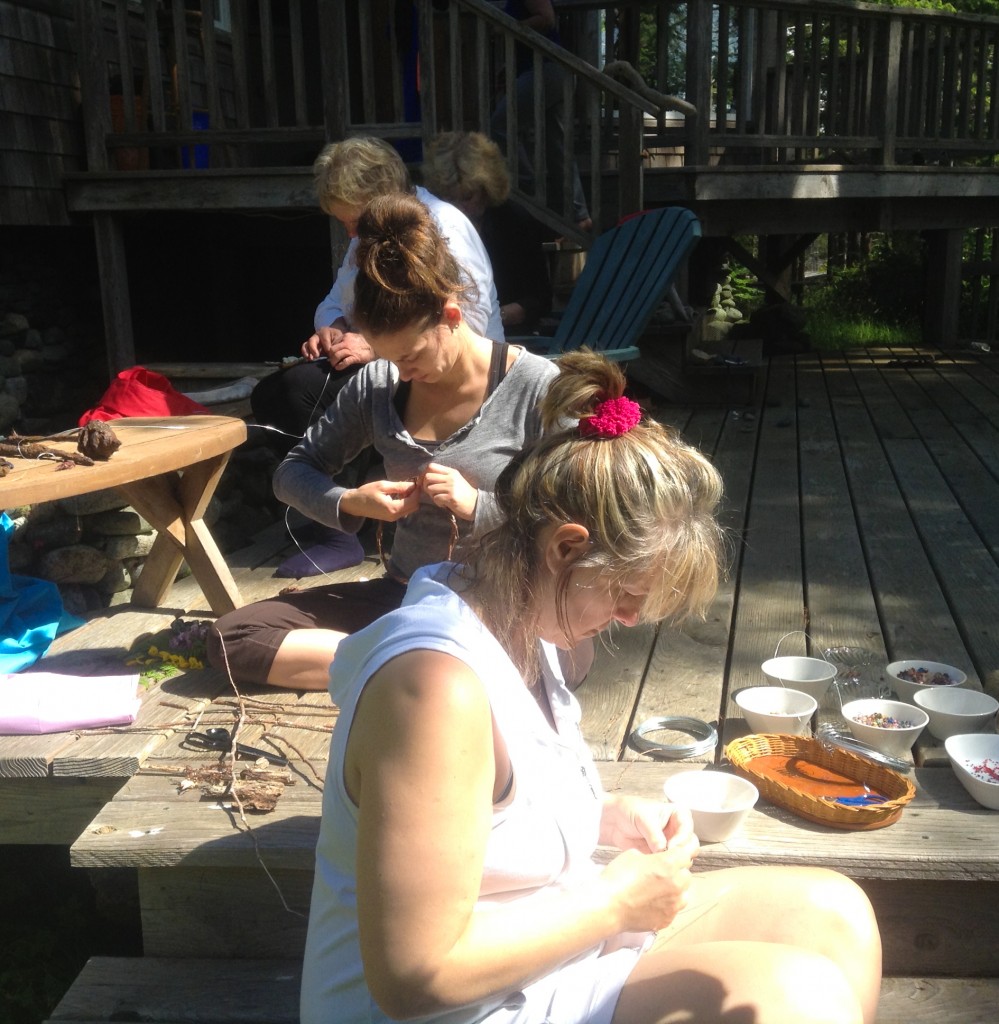 eep, they do not even see the need to try and understand them. “It’s just how I feel!” is a famous example, most people can relate too, either saying it or hearing it.
eep, they do not even see the need to try and understand them. “It’s just how I feel!” is a famous example, most people can relate too, either saying it or hearing it.
Being in a situation where one is so utterly identified with that which you feel, leads us to trust it so much that one doesn’t find need to break it down, understand it or try to observe it from a different prospective, let alone doubt it. The experience is not a feeling that they own, but rather who they actually are. At least in that very moment. If one feels fearful, in that moment of complete identification, that fear is not seen as separate, as something they that is there and can be renounce if needed, but rather, as their very self. And of course, from that place there is no reason to try to objectify it or question the overwhelming emotion.
While having a strong connection to one’s heart and deep feeling is a positive and important quality, but trusting our emotions blindly, without trying to clarify is a problem that needs to be brought into the light. Without understanding our feeling, looking into their source and shedding light upon our moods and emotions we can, and most likely will misuse the natural powerful female intuition and beautiful ability to connect to abstract thinking.
Men naturally are more drawn to rationalization, rational thinking, facts and figures. They have a harder time to connect to their  feelings, acknowledge them and give them the space to be communicated. This tendency is not solely reserved to men but is generally less dominate among women.
feelings, acknowledge them and give them the space to be communicated. This tendency is not solely reserved to men but is generally less dominate among women.
Art and Emotions
When coming to create, emotions tend to play a significant role for many people. They draw inspiration and allow their emotions to lead and be expressed. Not only as a therapeutic tool but as they feel that through connection to their emotions they tap into something deep, something meaningful, powerful and real. Seeing our emotions as our deeper self is a misunderstanding and a projection, we can even rationalize and be defensive about it, unwilling to see the actual nature and role of our emotions.
Furthermore, since emotions are primal and collective others can relate to one’s emotions and this can easily be confused with something that is universally real or even ‘Truth’.
We often see famous and talented artists as being very emotional, the classical artist image is that of someone that is very dramatic, moody sentimental and expressive of their emotions. It is as if they are long for extreme emotions to spark their creativity and feel themselves more intensely. Their passionate emotions seem to be their way to feel alive and to induce inspiration.
Emotions, no differently than thoughts, are not who we are.
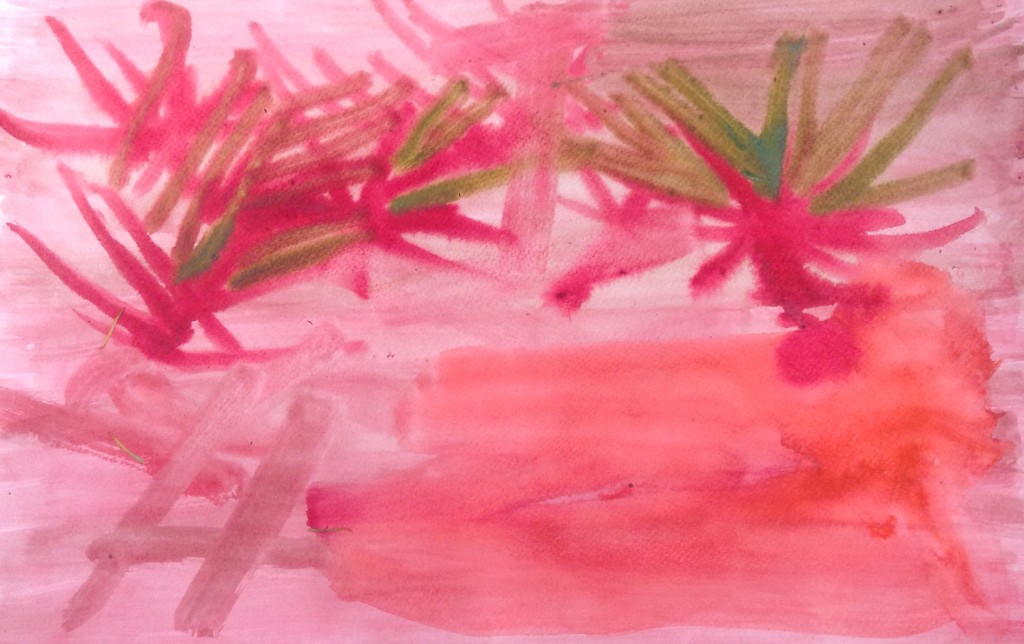
While we definitely should develop a positive relationship with our thoughts as well as with our emotions, this must start with seeing them for what they are, and not misidentifying them as our real self.
More than a feeling
Not everything we ‘feel’ can be defined as feeling, feeling hungry or tied are undoubtedly an experience we feel, however we would not characterize them as “a feeling”, unlike love, happiness or sadness. Furthermore, intuition is also at times mixed in with being a feeling such as saying “a have a feeling”.
Many people like to define “I feel…” about things that are actually within the realm of thoughts, in relation to rational ideas or facts. Perhaps they expect it gives more value to their thought to address them as ‘a feeling’.
Feeling, unlike emotions are deeper and can help us to connect within, while they too can lead our attention outwards, they are generally closer to who we are.
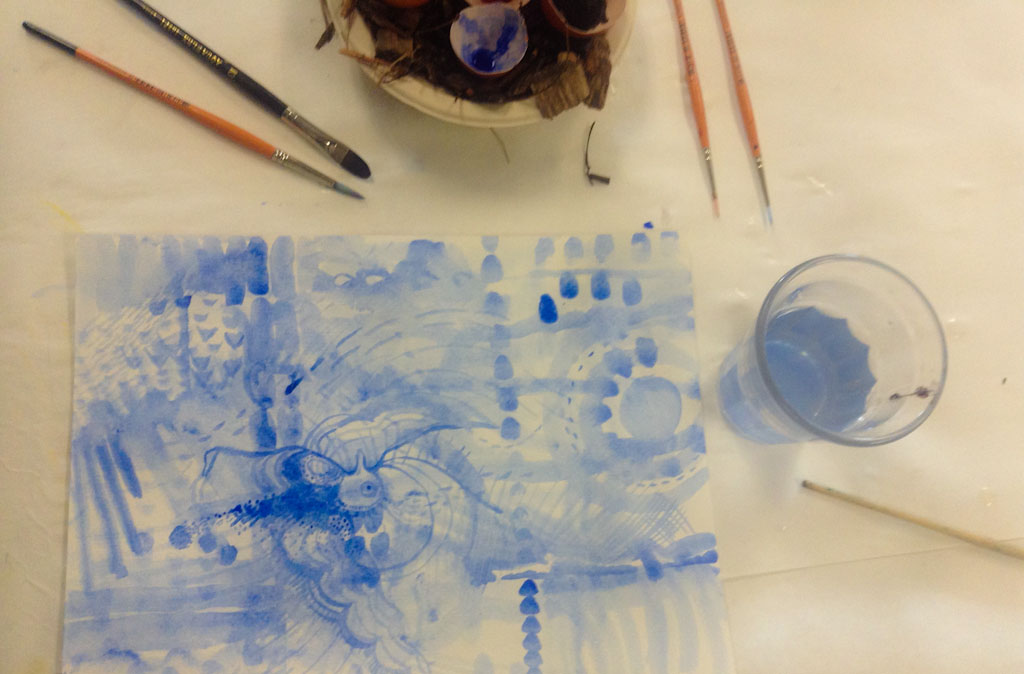 Emotions, on the other hand, usually are shallower, they are less meaningful and they strongly draw our attention outwards, never the less they can be very powerful. For instance, if someone hurts our “ego”, our self-image, it can “feel” very strong, but unlike a real feeling, most likely it will only give rise to a combination of negative emotions and unsupportive thoughts.
Emotions, on the other hand, usually are shallower, they are less meaningful and they strongly draw our attention outwards, never the less they can be very powerful. For instance, if someone hurts our “ego”, our self-image, it can “feel” very strong, but unlike a real feeling, most likely it will only give rise to a combination of negative emotions and unsupportive thoughts.
Being emotional is commonly a feeling of being ungrounded, shaky and weak. When we are emotional we are usually lost, confused and unfocused. The world looks threatening and we can’t connect to our inner powerhouse of strength and guidance.
Learning how to deal with overwhelming and uncontrollable emotions, just like learning how to deal with too much thoughts, is the art of inner maturation.
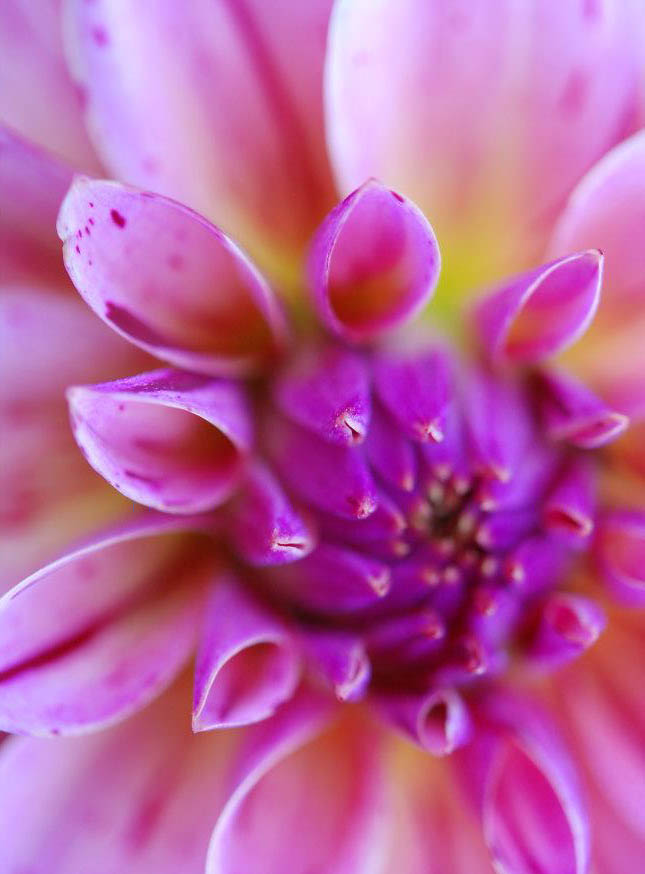 Self-blooming
Self-blooming
While some people confuse who we really are, with our past, with memories and possible future, others, wrongly identify their true essence with nothing more than thoughts and emotions. It needs to be clarified that as important as they may seem, both thoughts and emotions all still within the realm of the mind.
Just as we initially can’t imagine ourselves having the ability to not think or to experiencing ourselves beyond the thought process, we can develop control over our thoughts.
So too, with regards to our emotions, firstly we may find it hard to perceive the idea that we can experience ourselves in separation from our feelings. Choosing to expiration ourselves without any feelings at all, controlling our feeling and detaching from feeling at will, can be learned through focused intention and dedication. It is an important practice which we can cultivate and master it.
We do not need to be a poor victim of our thought or emotions. These are great tools we can apply, enjoy and benefit from, but they do not make us who we are.
We are something much greater and more divine then the sum of our thought and emotions, but only if we allow that true essence within us to actually bloom.



